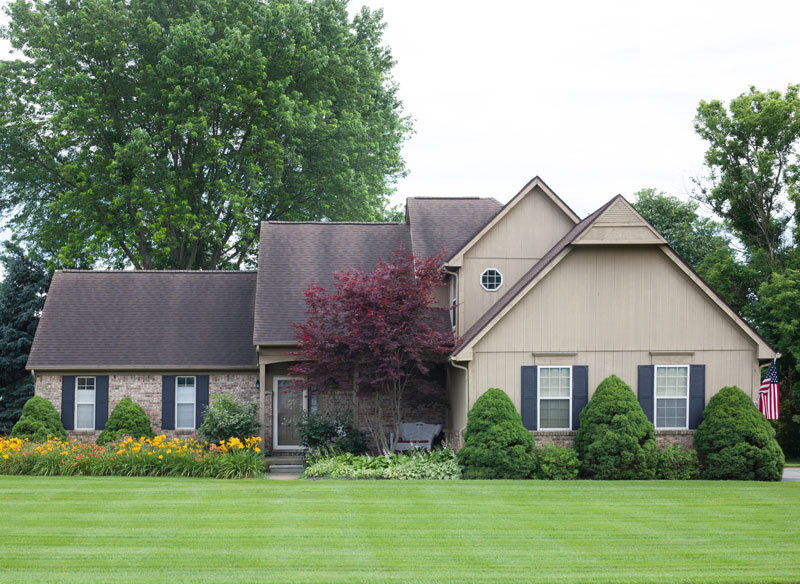Here’s a case for buying a less expensive home than you secretly want.
According to the U.S. Bureau of Labor Statistics, the average American spends approximately 37% of his or her income on housing. Notably, the top 20 percentile earners spend only 29.9% of their income, while the bottom 20% pay 39.9%. So what do high earners know that you don’t know?
If you have a little less money invested in housing, you’ll have more money to do other things, like:
- Invest more in your 401K or Roth IRAs.
- Pay extra on your mortgage so one day you’ll be mortgage-free.
- Save money to buy another property. Rent out the first home for passive income as renters make your mortgage payment for you.
- Build or add to an emergency fund.
- Make improvements without adding more debt or tapping into equity.
- Reduce debt.
Conventional loan guidelines from Hud.gov suggest that the average homebuyer spend no more than 29% of his or her monthly gross income on housing. If your gross monthly income is $4,167, spend no more than $1,208, which should include property taxes and home insurance.
What if you have current debts? The Consumer Financial Protection Bureau recommends that your debt-to-income (DTI) ratio be no larger than 43% to secure a qualified mortgage – one the lender has done the due diligence on your ability to repay the loan according to government standards. However, many lenders aren’t comfortable with more than 36% DTI and may charge you higher interest rates accordingly.

